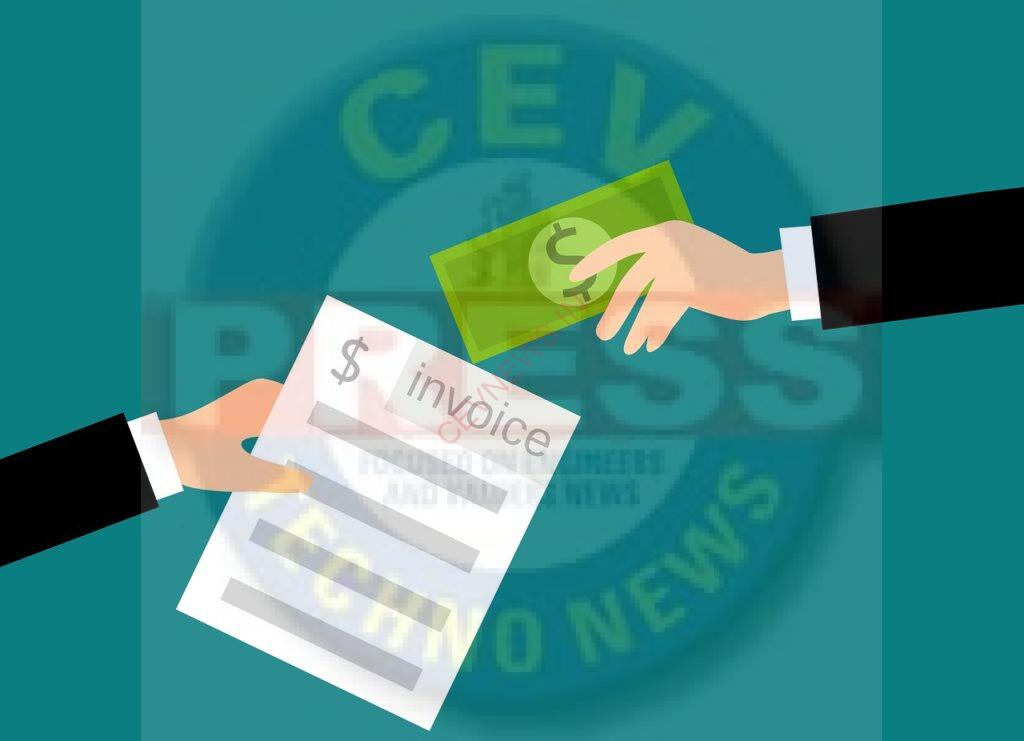RIGHTS OF UNPAID SELLERS AGAINST GOODS
In commercial transactions, the issue of unpaid sellers and their rights against goods is a critical aspect of contract law in India. When a seller delivers goods to a buyer but the buyer fails to pay for them, the seller is deemed an “unpaid seller.” In such scenarios, the law provides various remedies and rights to protect the interests of the unpaid seller. These rights are outlined in the Sale of Goods Act, 1930, and they ensure that sellers are not left without recourse in cases of non-payment. Below are the rights of unpaid sellers against goods in India:
1. Right of Lien:
The right of lien allows the unpaid seller to retain possession of the goods until payment is made in full. This right is applicable even if the seller has transferred the documents of title to the buyer. However, the seller can exercise this right only if the goods are in their possession lawfully, such as when the buyer has become insolvent or has failed to pay within the agreed-upon timeframe.
2. Stoppage in Transit:
If the seller discovers that the buyer is insolvent, they can exercise the right of stoppage in transit. This right allows the seller to regain possession of the goods while they are in transit to the buyer. The transit ends when the buyer takes delivery of the goods or when the carrier acknowledges holding the goods on behalf of the buyer. The seller can then resell the goods to recover the outstanding amount.
3. Resale of Goods:
In cases where the buyer defaults on payment, the unpaid seller has the right to resell the goods. The resale must be conducted in a commercially reasonable manner after giving reasonable notice to the buyer. If the goods are sold for a higher price than the original contract price, the seller can claim the difference from the buyer. However, if the goods are sold for a lower price, the seller can claim damages for the shortfall.
4. Suit for Damages:
The unpaid seller can also initiate legal proceedings against the buyer for damages arising from non-payment. These damages may include loss of profit, storage charges, and any other expenses incurred due to the buyer’s default. The seller must prove the extent of the damages suffered as a direct result of the buyer’s breach of contract.
5. Suit for Price:
If the seller is unable to exercise the right of lien or resell the goods, they can file a suit against the buyer for the recovery of the unpaid price. This remedy is available when the property in the goods has passed to the buyer, but the seller has not received payment.
The rights of unpaid sellers against goods in India are designed to safeguard their interests and ensure fair compensation in cases of non-payment by buyers. By exercising these rights judiciously and in accordance with the provisions of the Sale of Goods Act, sellers can mitigate the financial losses resulting from defaulting buyers. It is essential for sellers to understand these rights thoroughly and seek legal advice when necessary to enforce them effectively.


